January 23-31
We had our school merentas desa/ cross country race, and I got first place for girls! The run was a nice 6km trail through a palm oil plantation and kampungs (housing areas). It was nice to run through this pretty scenery, but still challenging. I saw a huge (probably 5 feet long) monitor lizard crossing the trail at one point! Along with a medal, the top 6 runners in each category advanced to the district competition a few weeks later. 
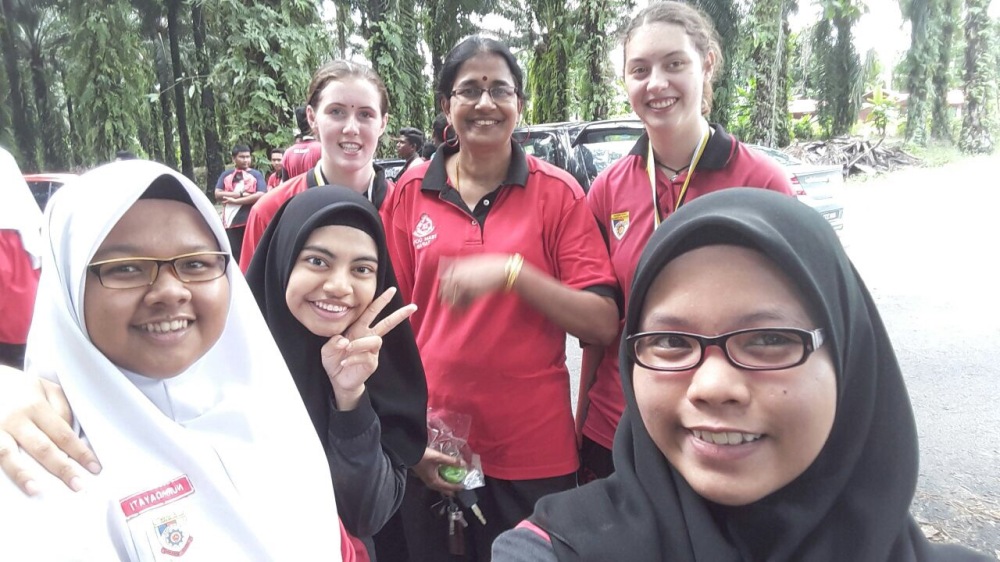


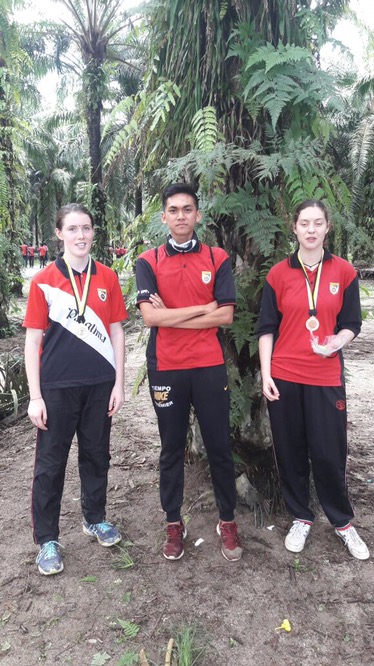




—
The next day, I met my temporary Chinese New Year host family. Just as students normally in Malay or Chinese families stayed with Indian families for Deepavali, AFS placed those of us in non-Chinese families with families for Chinese New Year.
My temporary host family usually lives in Bidor, a town close to Tapah, but I went with them to balik kampung (return to their village/ visit family) in the state of Melaka. The city of Malacca (British spelling) is a major tourist attraction, and I love the city, but it was also nice to see the more rural small-town part of the state.
I had two younger host brothers, ages 12 and 16, who showed me around their grandparents’ village. The Chinese neighborhood has four beautiful Buddhist temples within a five minute walk. One day I went running with the older brother, which was very nice (but very challenging!)
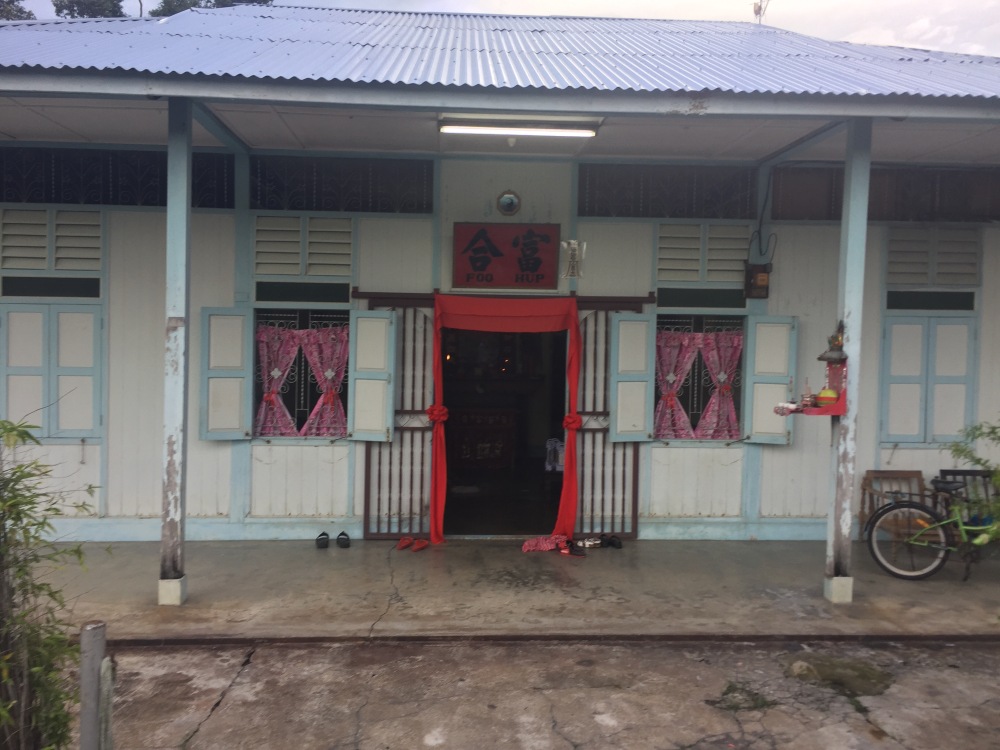

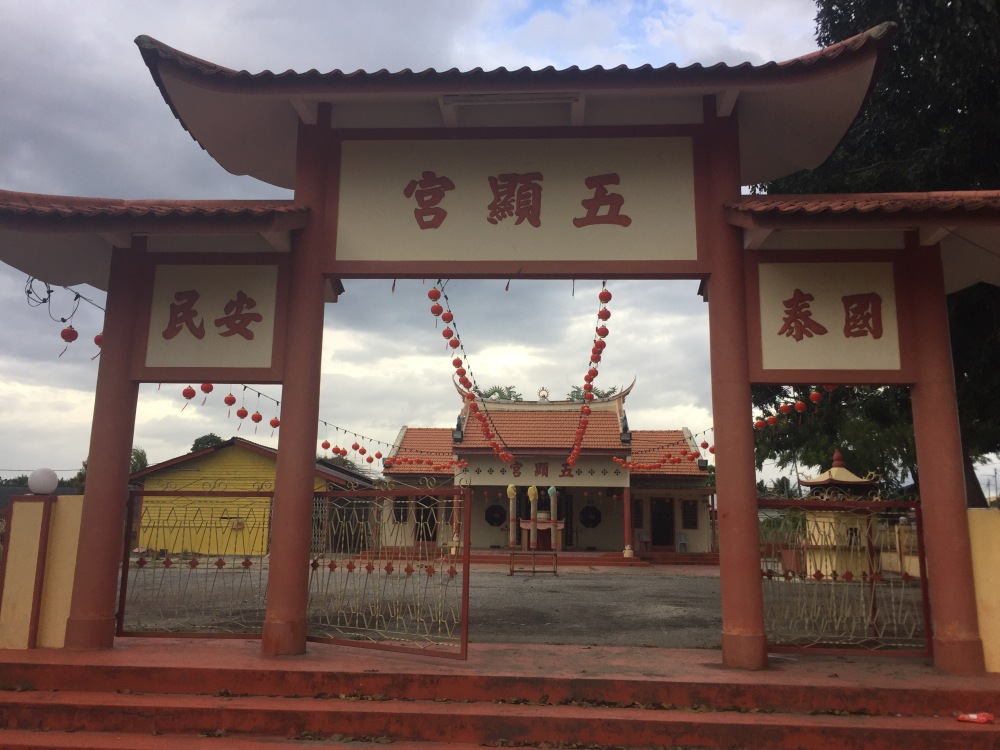
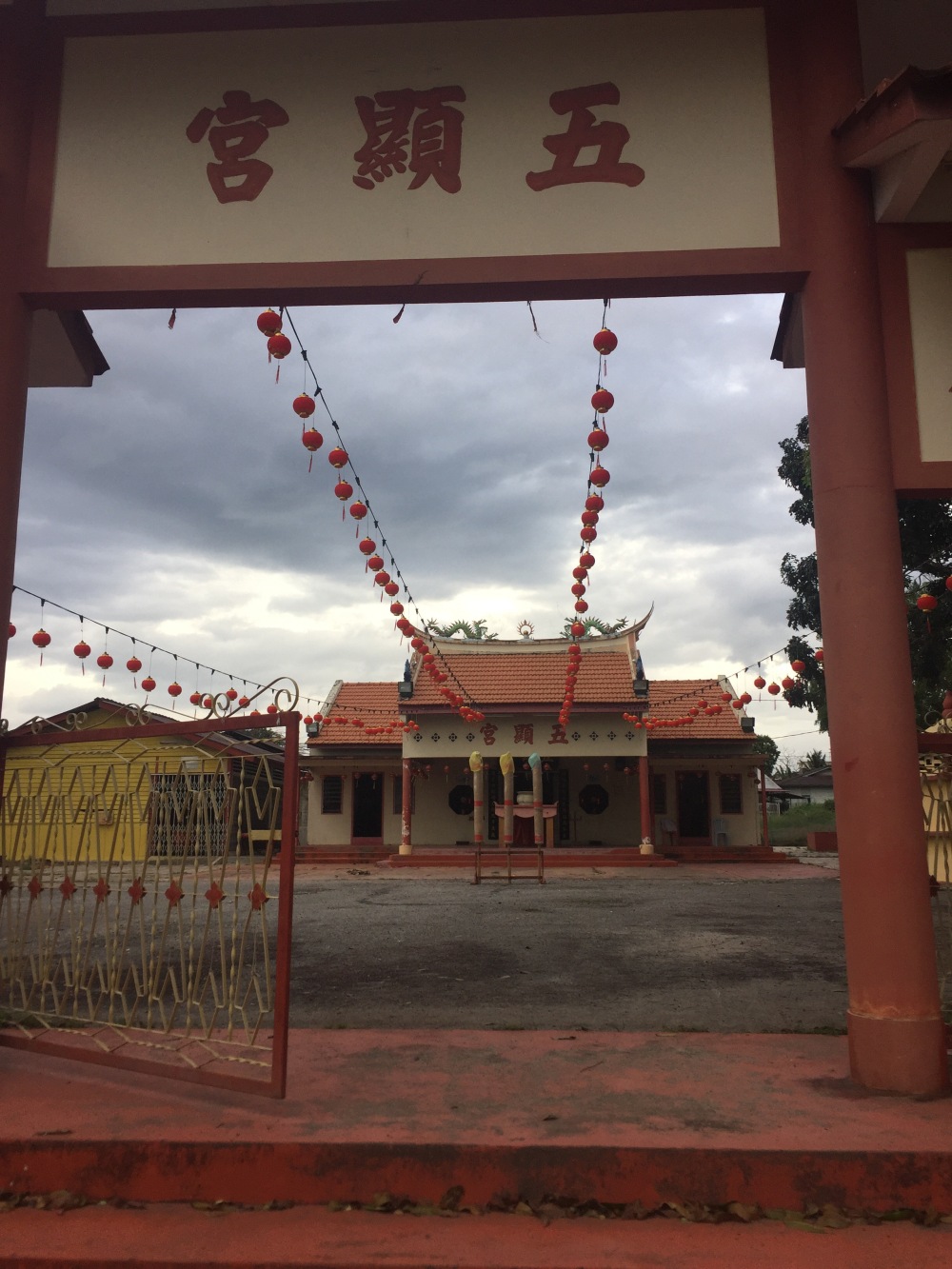
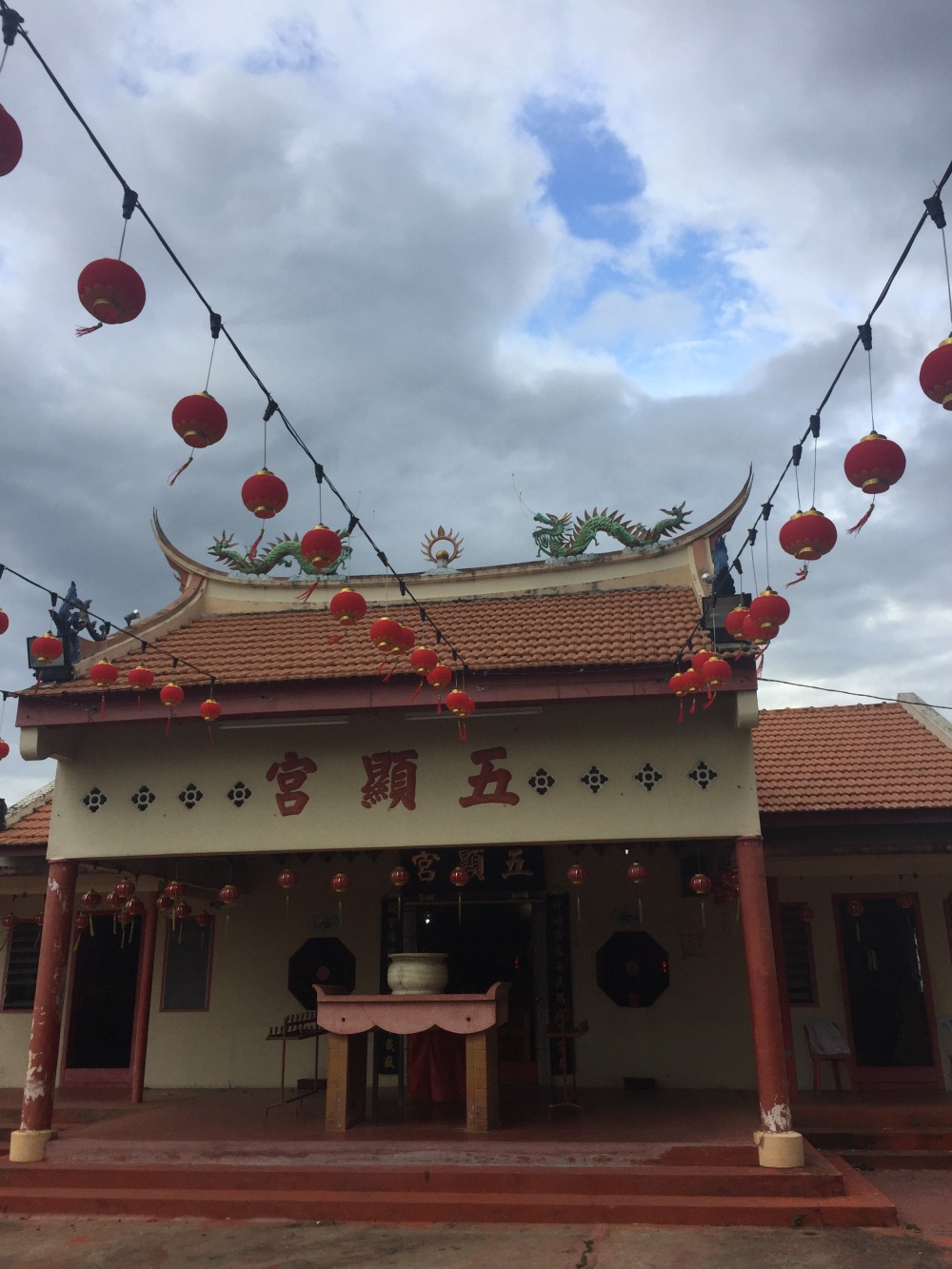



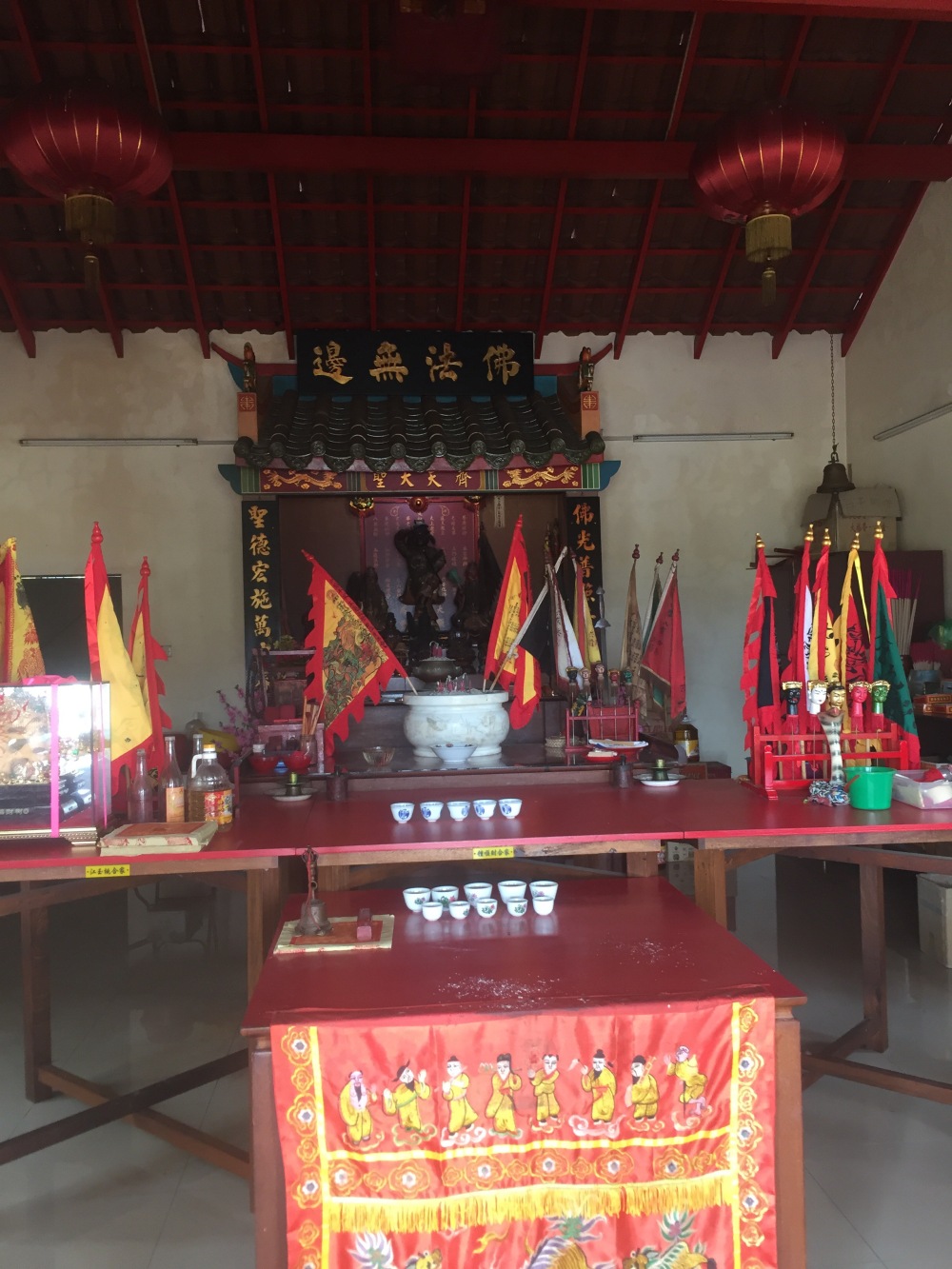
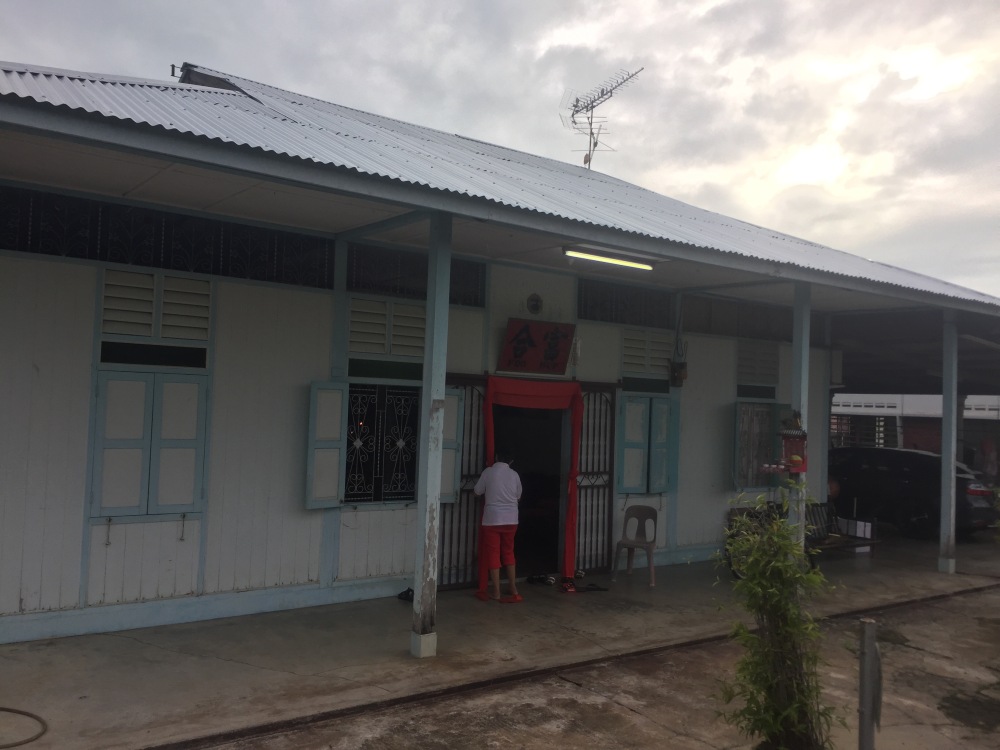
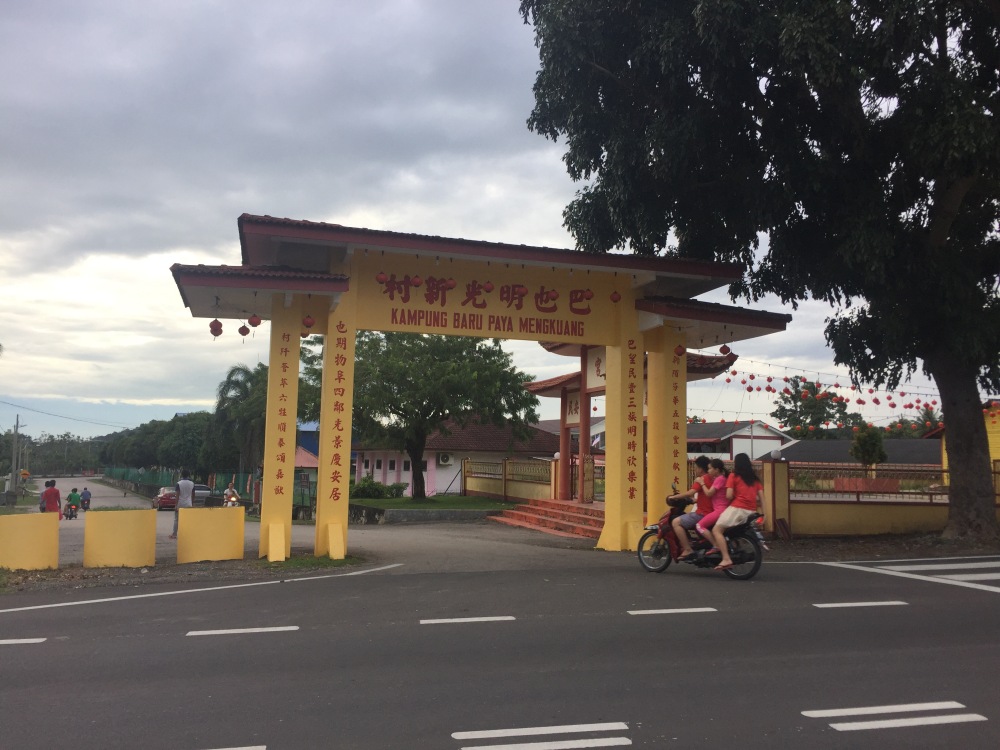
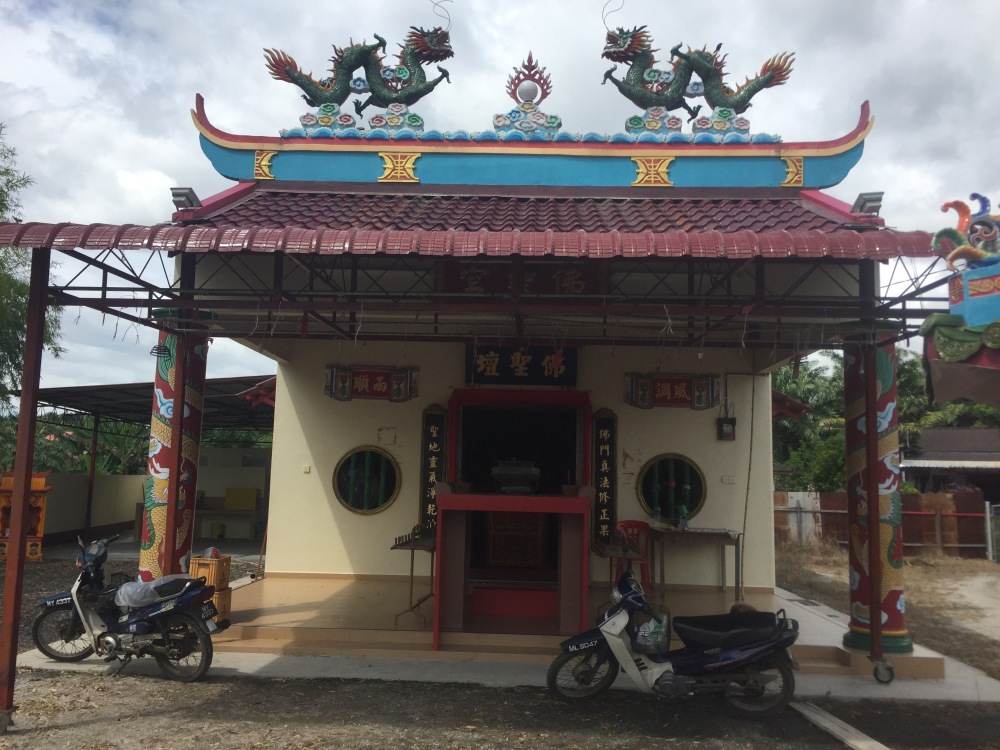


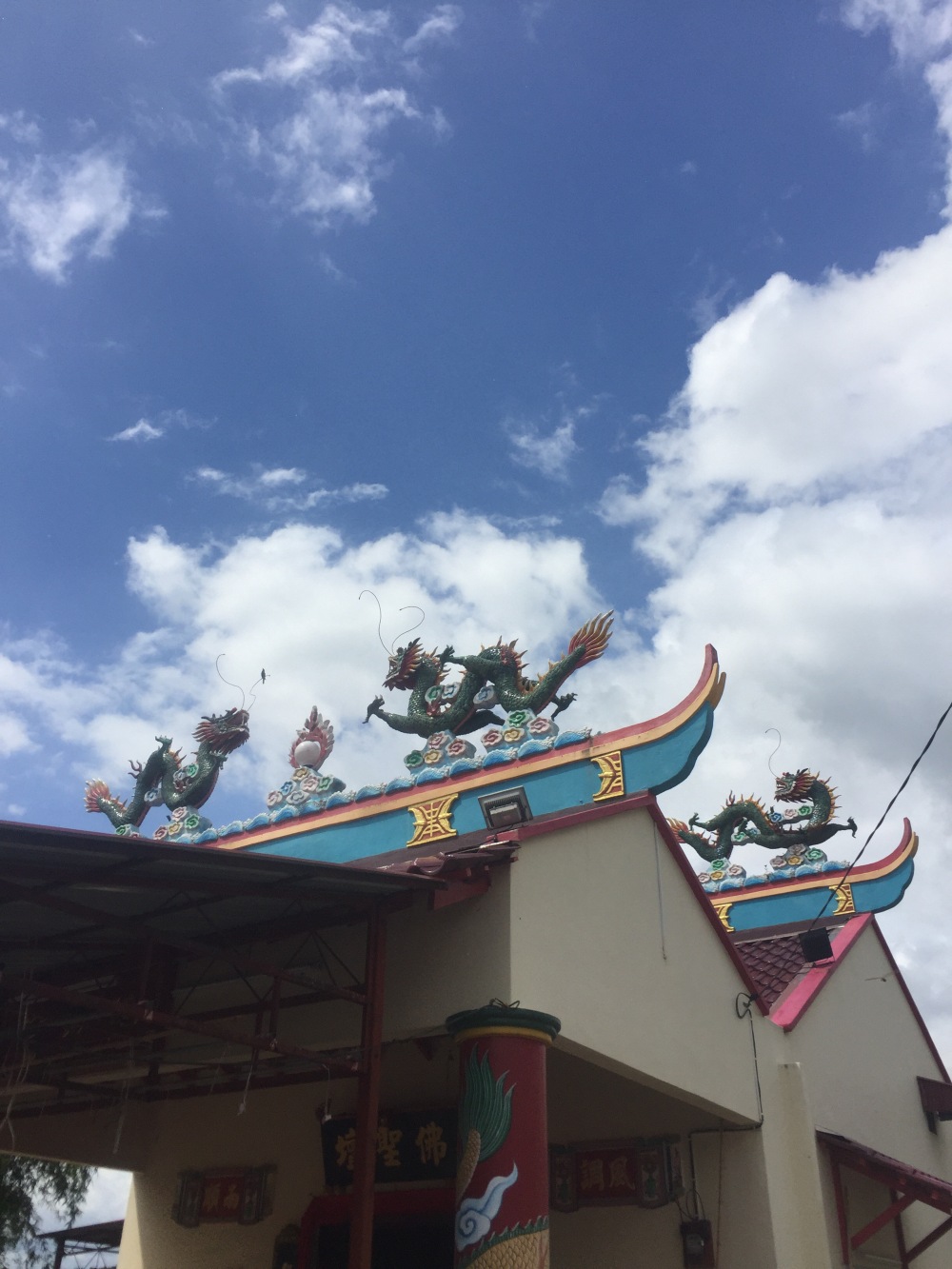

On the last day of the year (January 27), families have a reunion dinner in which all family members are supposed to return home to eat together.
At midnight, the new year begins! The Year of the Rooster was welcomed in with prayers and a LOT of fireworks. Firecrackers are used to scare away evil spirits, so every family sets off at least one strand of loud gunshot-like noisemakers.
Chinese New Year is a fifteen-day festival, and different families have major prayers on different days. Hokkien families, for example, celebrate the startof the new year on the fifteenth day. Two weeks later, I went to these prayers at Ibe’s house, since her host father is Hokkien.
A huge part of Chinese New Year is praying for prosperity in the upcoming year. People greet each other with “gong xi fa cai” which is a wish for wealth in the new year. Throughout the fifteen days, adults give children small red packets known as ang pow, which contain money. People are very generous, and I received almost twenty envelopes, most from people I’d never met before! Almost everyone wears red clothing and hangs red lanterns and other decorations in front and inside of the house, since red is a lucky color. Before meals, families do prayers, light some paper which is symbolic of gold on fire as an offering for the gods, and set off firecrackers. People place mandarin oranges on altars and give them to others as they symbolize gold and prosperity. (Before Chinese New Year, the supermarket had SO MANY boxes of mandarin oranges because most Chinese families seem to buy at least 100 oranges)


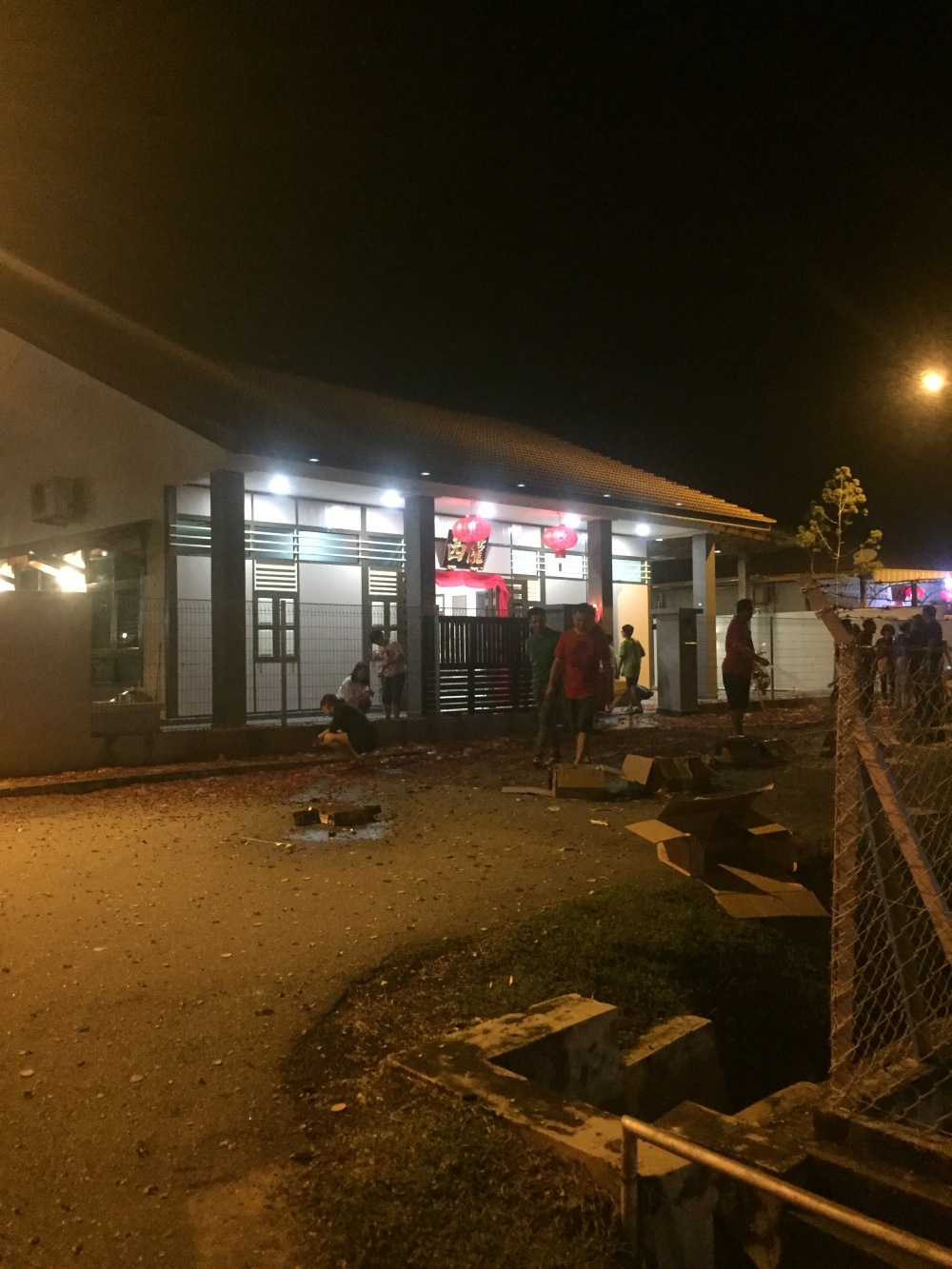


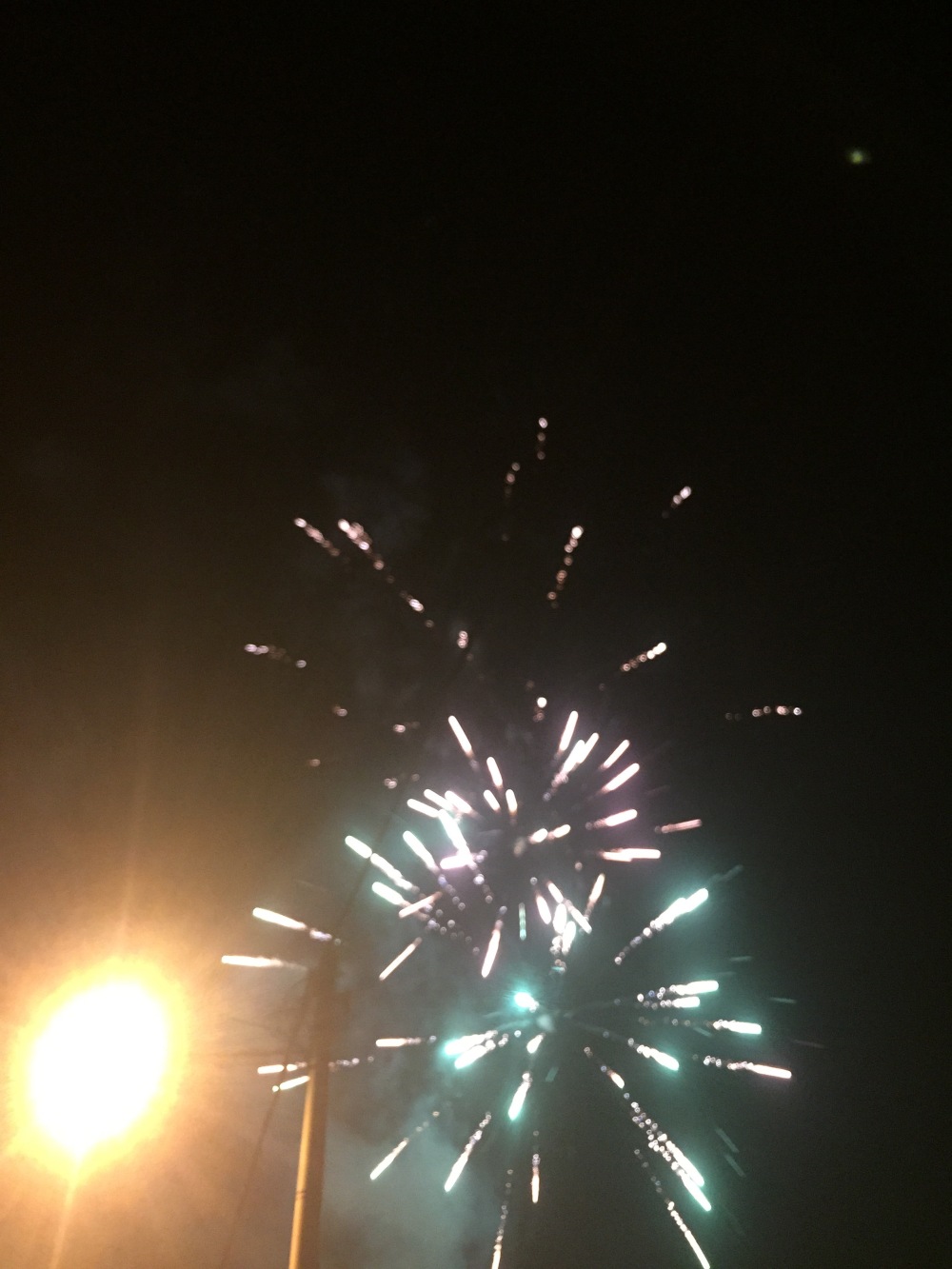 Throughout the 15 days of Chinese New Year, people visit the houses of relatives and friends. Much like Deepavali open houses, each house has cookies set out in the front room. Children (and any students or unmarried people) recieve ang pow from adults.
Throughout the 15 days of Chinese New Year, people visit the houses of relatives and friends. Much like Deepavali open houses, each house has cookies set out in the front room. Children (and any students or unmarried people) recieve ang pow from adults.
The story of Chinese New Year involves a monster known as the Nian which terrorized a village in China once a year, killing livestock and villagers. A villager noticed that one year when there was a red cloth hanging in front of their house, the Nian didn’t bother them, and another family said that they used firecrackers to scare away the Nian. Thus, the traditions of setting off firecrackers, hanging red decorations, and wearing red clothes were born.
—
Saturday, the family brought me to the city of Melaka! We went to a mall, where we saw a very cool Lion Dance on stilts. The Lion Dance is a famous tradition in which two dancers wear a dragon costume consisting of a huge head mask and vibrant cloth covering the two dancers. The dancers must be very talented and well-practiced; even on flat ground the dance is difficult, but this dance group did it jumping between raised platforms! *I believe it’s a dragon, even though it is called a “lion” dance.
I don’t have a video, but the dance was similar to this one. (But had only about 8 stilts)
Later we went to a fancy Japanese/Korean/Thai restaurant.

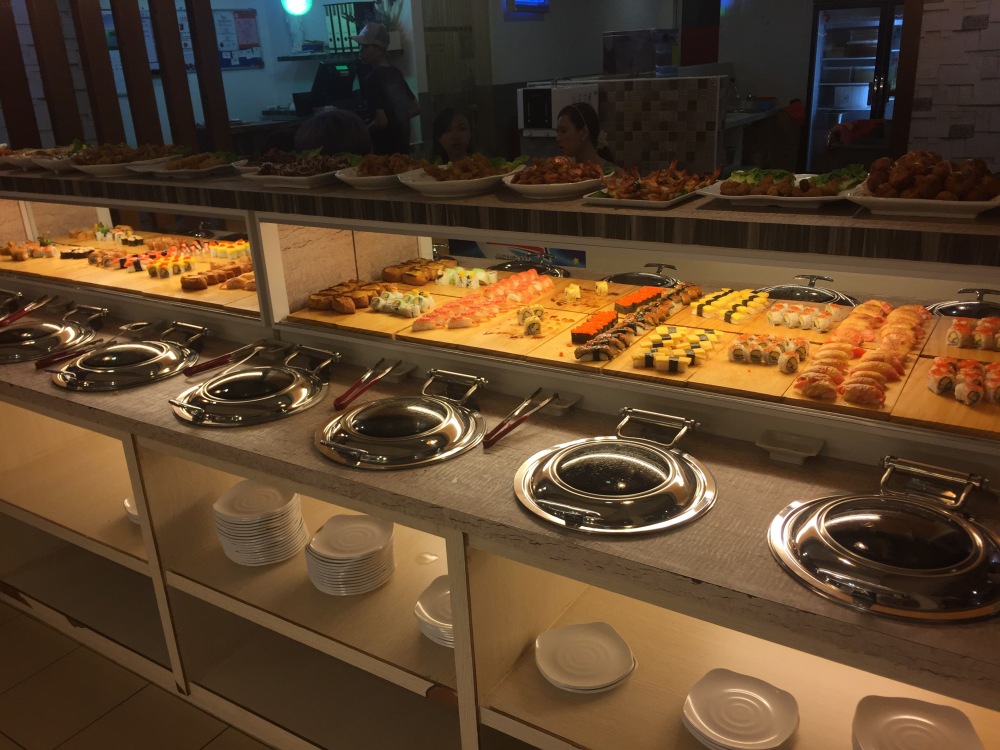

Later, we went to Jonker Walk, the famous night market that attracts many tourists every weekend.

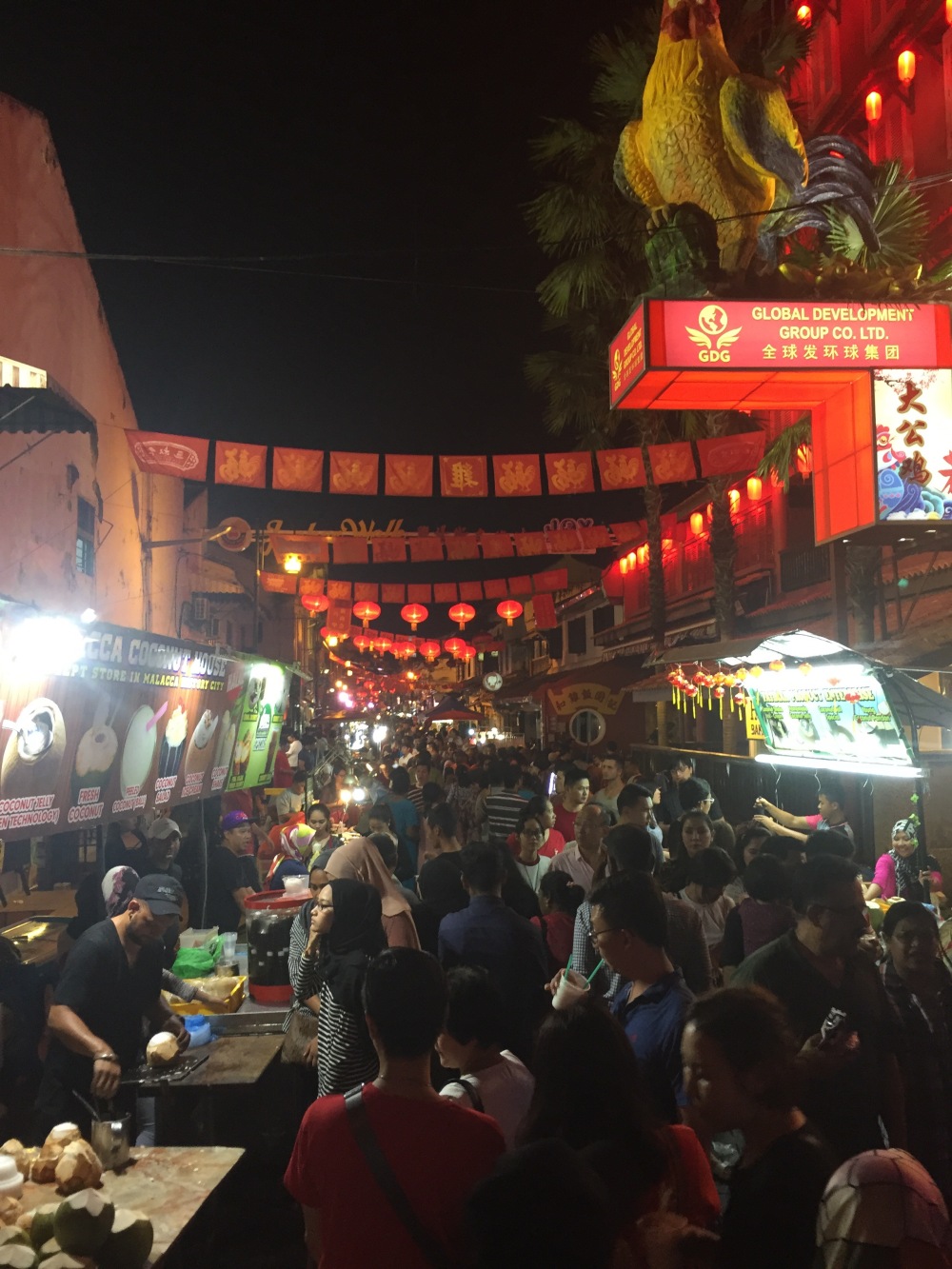


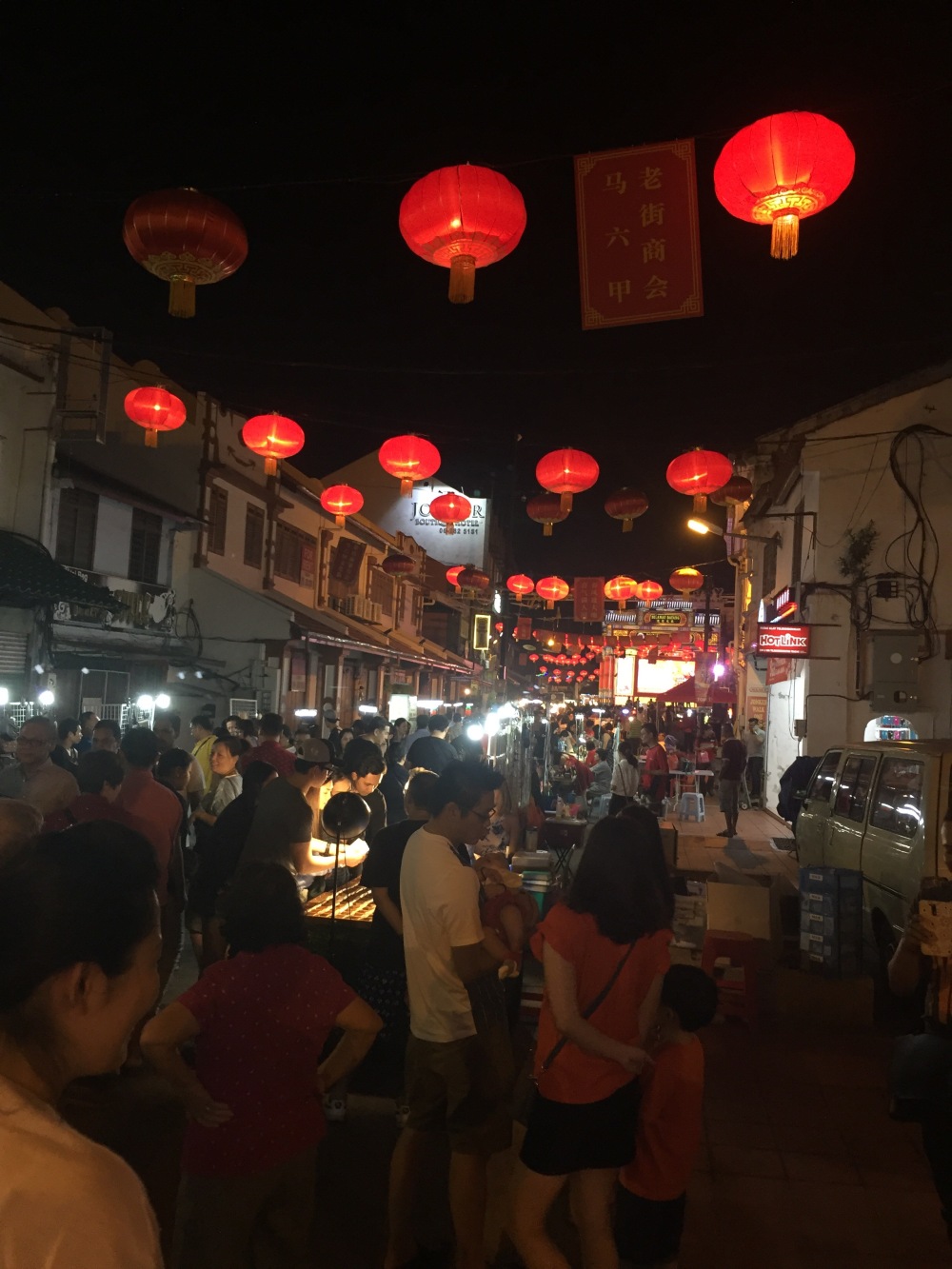
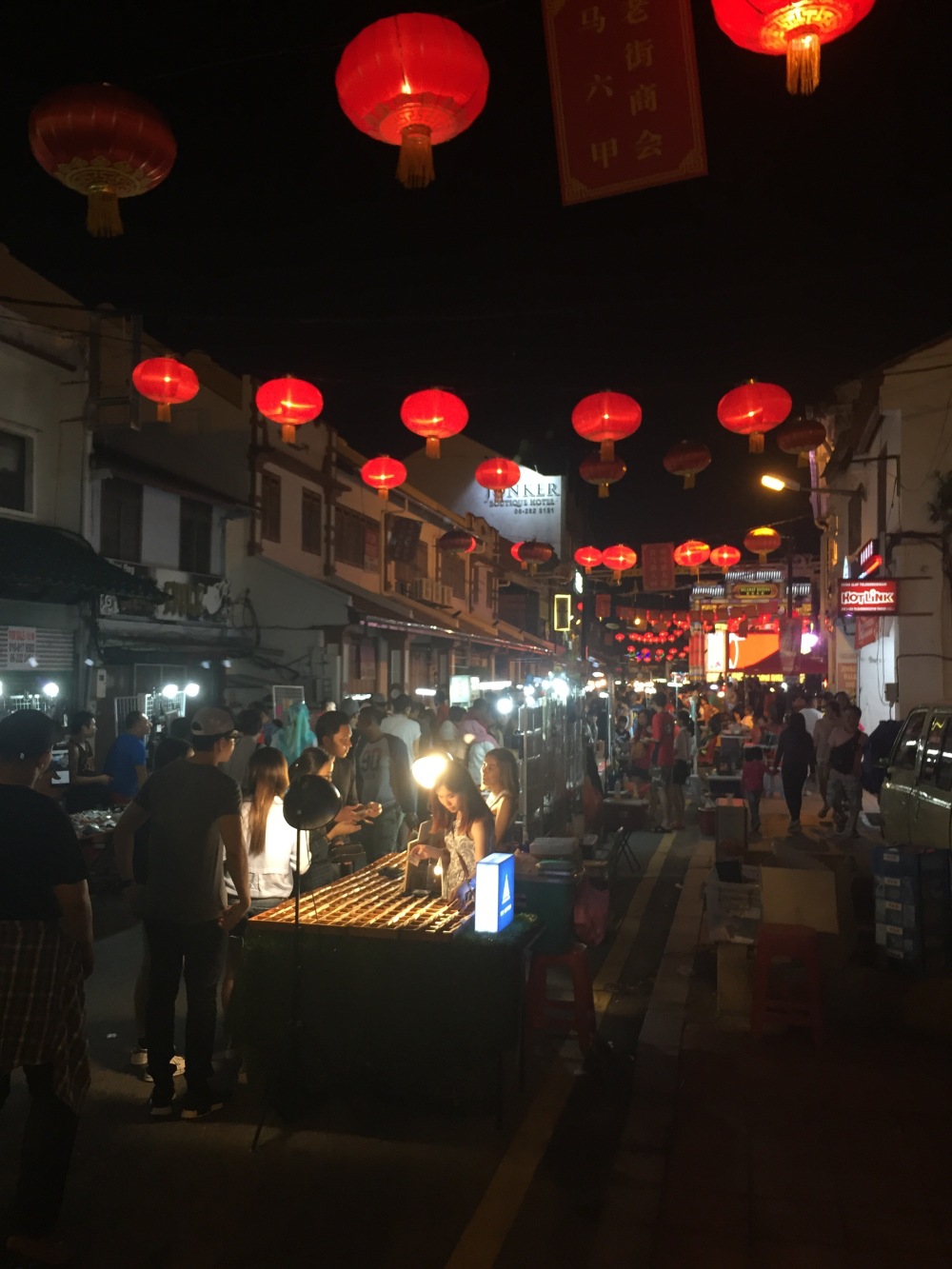



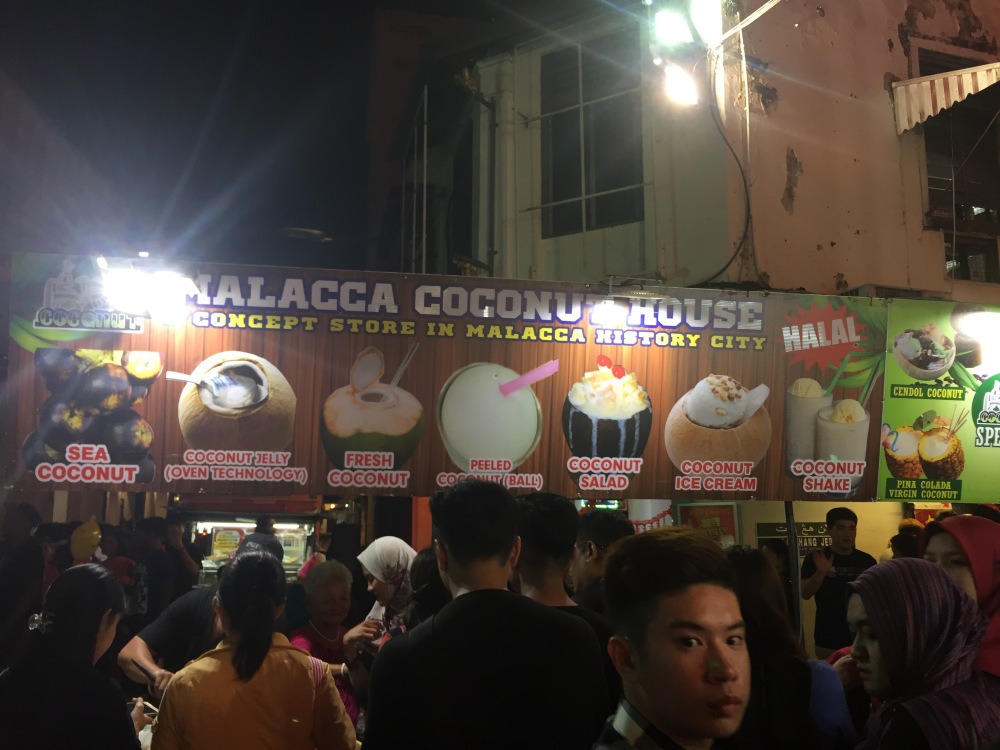
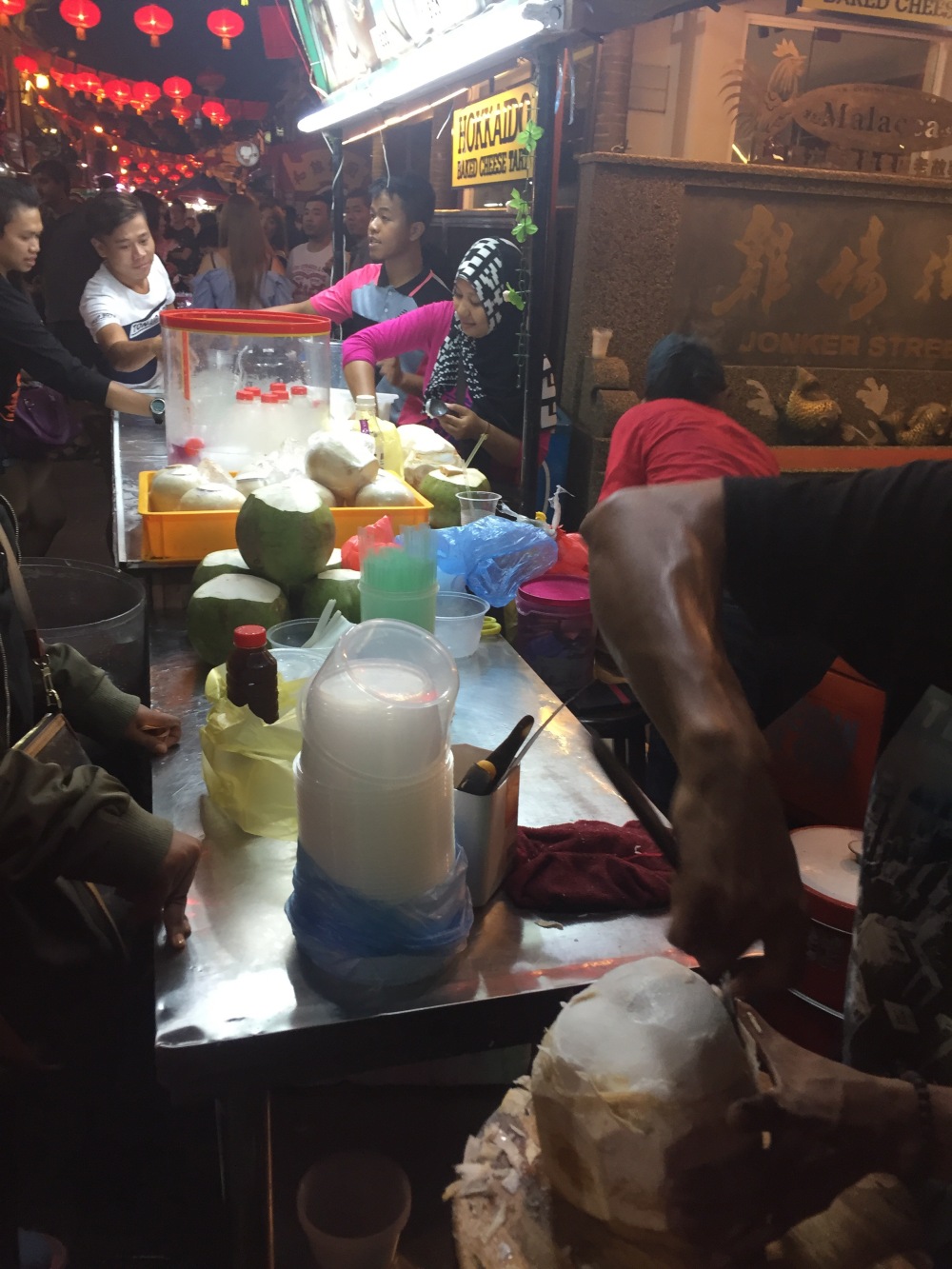


On the way back to where we were staying, we stopped at a Chinese temple to meet with a Buddhist monk who my host mom said is her religious godfather. He answers questions for people who come to him, and even though I couldn’t understand most of what was being said, I was very excited about experiencing this!


Being immersed in the Chinese language for five days definitely improved my Chinese, but unfortunately I’ve forgotten most of what I learned in the two years I studied Mandarin at school in the US. My host family usually spoke Cantonese, but can also speak Mandarin and Hakka. These dialects are surprisingly different, and even “good morning” is very different in each language. Still, I recognized some words, and this confirmed my desire to continue learning Chinese in the future!
—
On Sunday evening, we went to the Strait of Melaka seaside! The water was not the cleanest, but I was still so happy to be able to play in the water for an hour, and two washes later, my clothes smell just fine.
Monday morning, we went back to Bidor, where I stayed with the family another night.
School started again Wednesday.





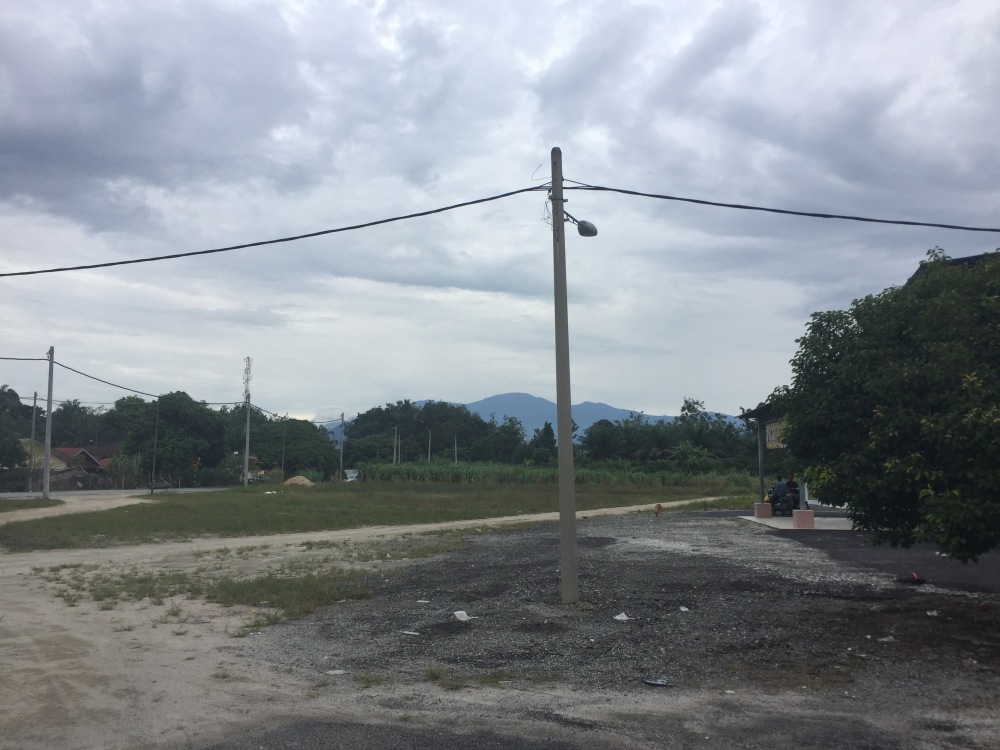


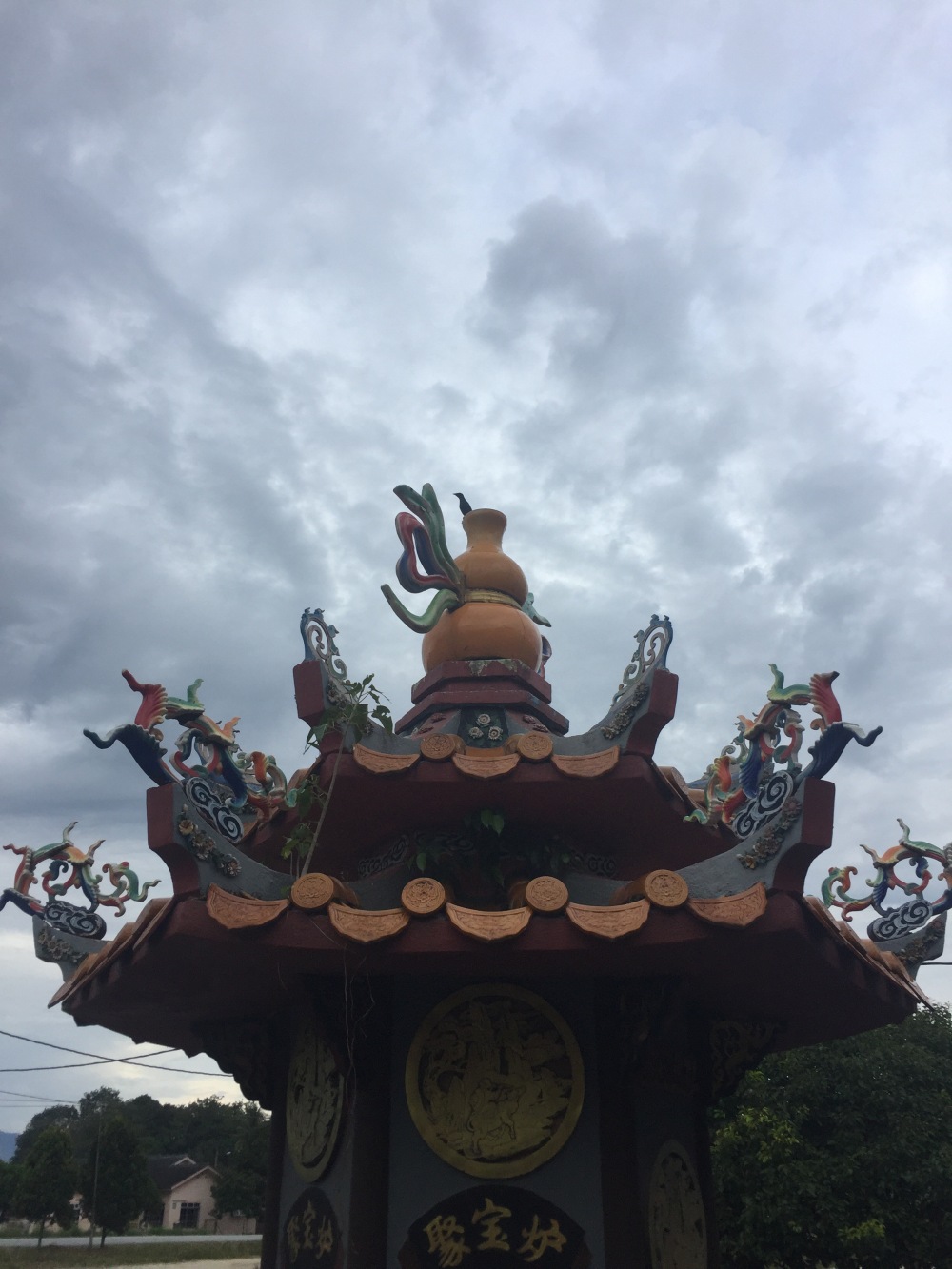
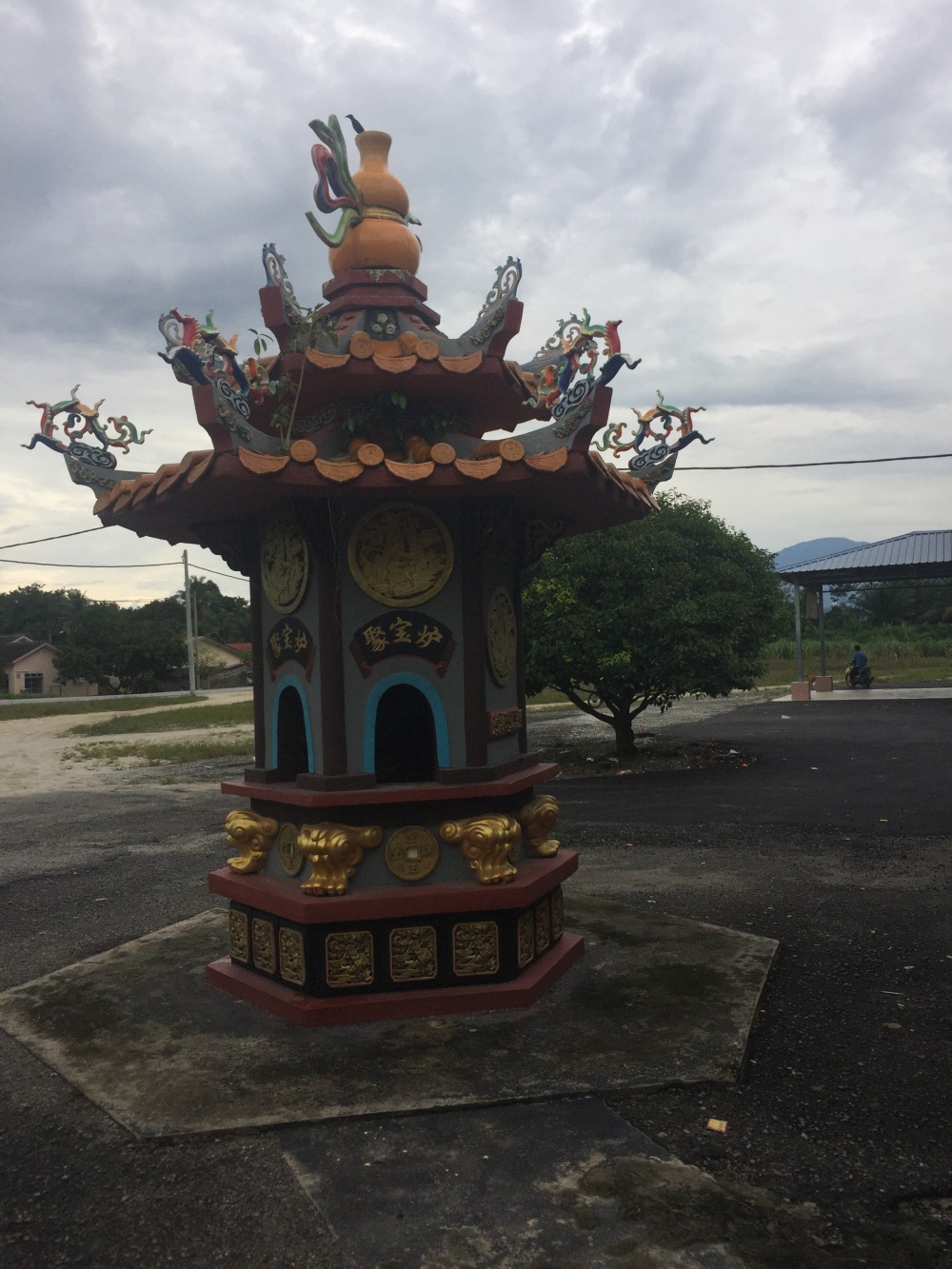
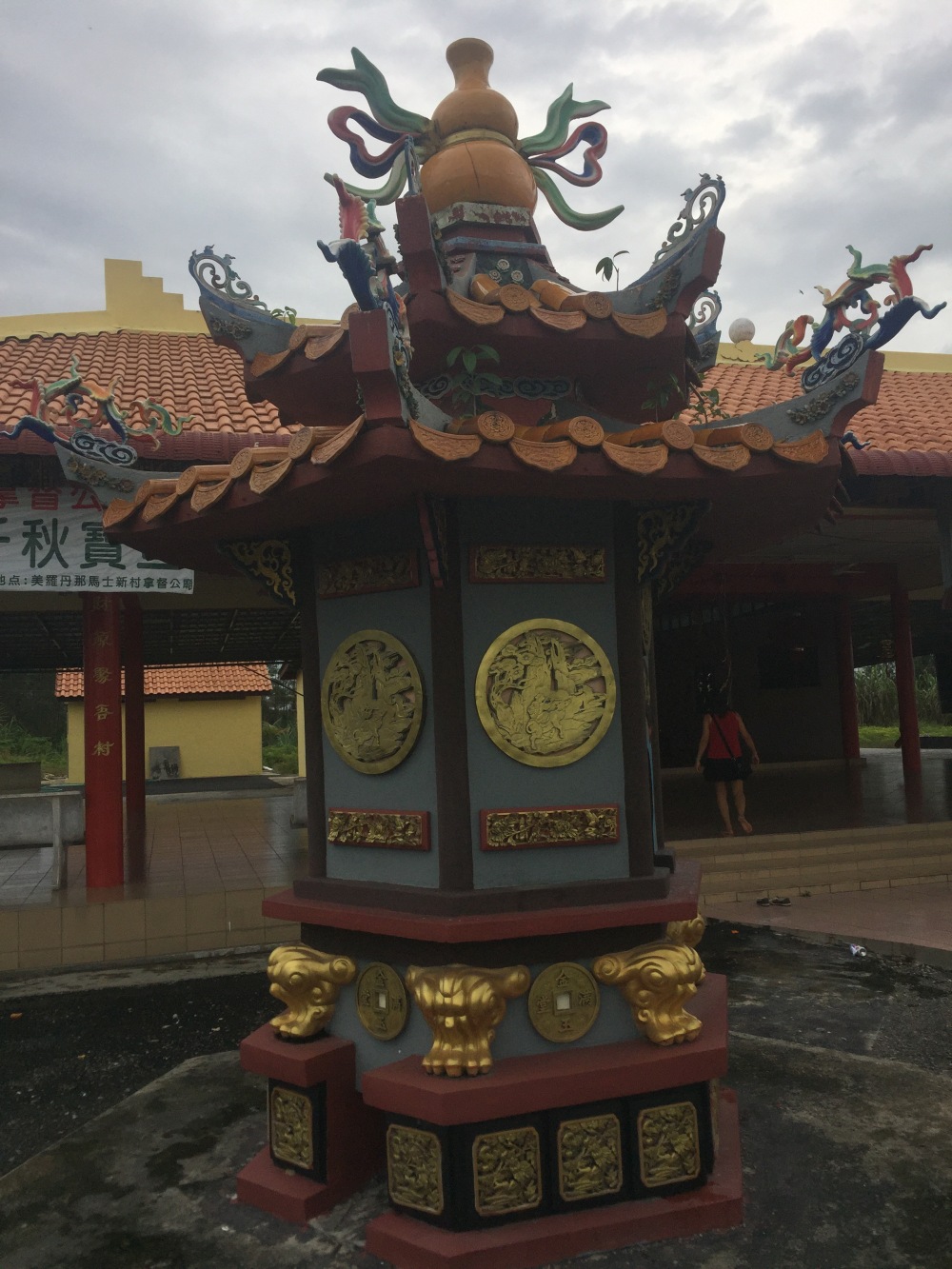
Hannah,
I’m totally breathless having read all recent blogposts in one sitting. WOW!! Please chaperon me on your reunion visit…anytime. I am awe-struck by you and your remarkable adaptability and extracting so much from your host families and the society at large. Yes, culture shock, big time. but you above all others can do it. Good luck in the weeks ahead. The blogs are fantastic!!!
Sending lots of love and best wishes.
Saralee
LikeLike
Thank you so much!! Yes, whenever you want to go to Malaysia, let’s do it! 😄 Thank you so much for all your kind words. I really appreciate all of it, and your support is so helpful. Your wisdom and your travel experience are an inspiration to me! Thank you for all 💜💜 See you soon! Love, hannah
LikeLike